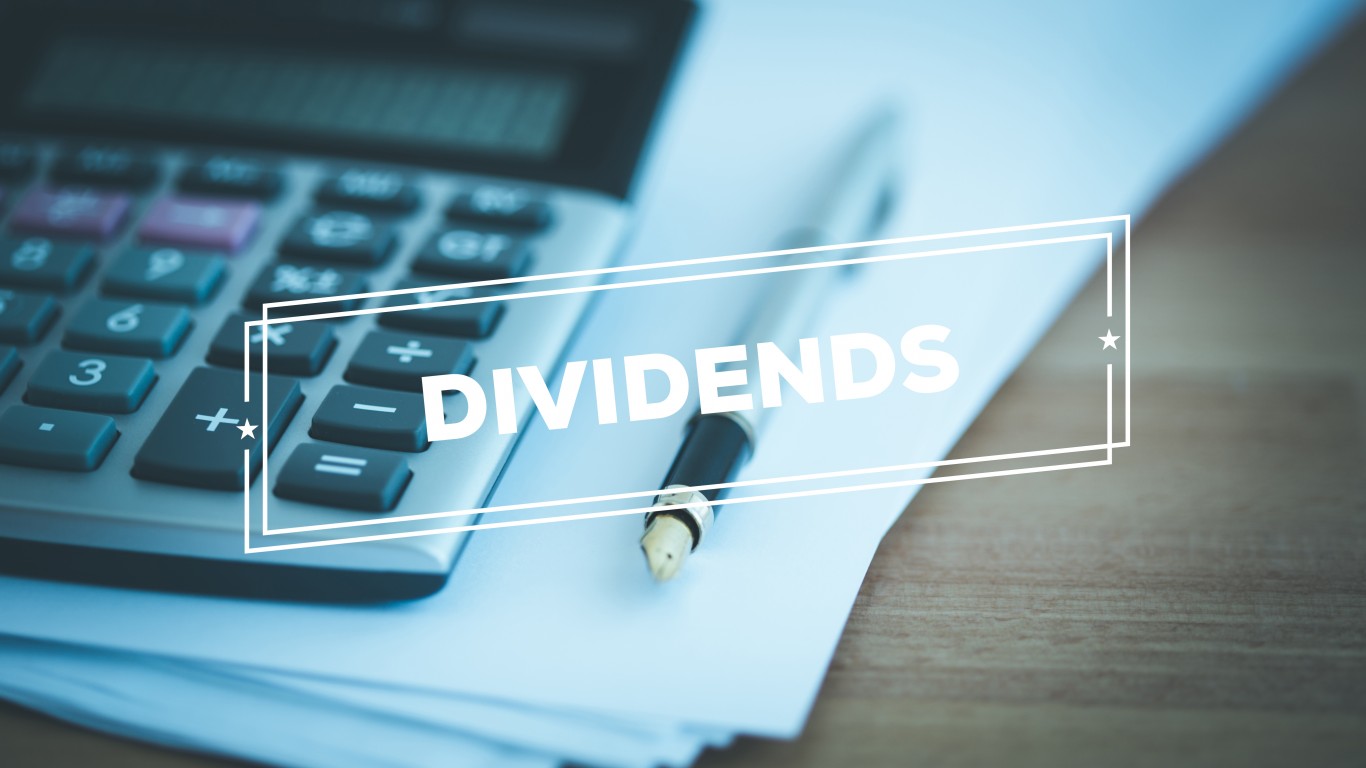
After another incredible gain of stock market gains (the S&P 500 could finish 2024 with more than a 25% return!), it’s only prudent to start thinking about positioning just a bit more defensively as we head into an uncertain 2025. Indeed, with a new President, the potential for tariffs (maybe even a trade war), and other giant question marks, perhaps it makes a bit of sense to heed the “lost decade” call from Goldman Sachs (NYSE:GS).
If the equity risk premium is a tad higher, perhaps it makes sense to pursue low- or even no-risk investments that can provide a satisfactory return over time without having to ride the equity market rollercoaster ride, which may or may not take us any higher than where we’re at now (S&P 500 is close to 5,900 again after sinking on Monday’s session).
Whether or not stocks are due to return more than a 3% annualized return over the next decade remains the big question. Some may argue last year’s big gains take away from future gains, while skeptics of the “lost decade” prediction may cite a misunderstanding of the full impact of artificial intelligence (AI).
Key Points
-
Retirees seeking to beef up their bond exposure should check out the wildly popular BND and TIP ETFs.
-
Retiring early is possible, and may be easier than you think. Click here now to see if you’re ahead, or behind. (Sponsor)
Whether lofty valuations make up for any potential AI-driven growth spurt remains the trillion-dollar question. Either way, if you’re a retiree who’s won big in these last two years, derisking a bit with some bond exposure strikes me as being shrewd.
Now, that doesn’t mean you should offload all your stocks for bonds, as a “lost decade” is not at all guaranteed or all that likely, in my humble opinion. But it does mean re-adjusting risk exposure to a level one can be more comfortable with.
Let’s check in with two popular bond ETF products to see which one’s a better fit for retirees going into 2025:
What is the Vanguard Total Bond Market Index Fund?
Vanguard Total Bond Market Index Fund (NASDAQ:BND) is the bond solution that may be the best fit for most retirees. It’s a very popular pick that you can’t really go wrong with if you seek diversified exposure to a broad range of bonds. As a retiree, getting a good mix of exposure to the bond market can be beneficial.
With the BND, you’re getting U.S. government, corporate (slightly riskier but more bountiful) bonds, and a hint of mortgage-based securities (MBS). And, of course, you’re getting a wide range of maturities, with an average duration of six years. And with a 0.03% expense ratio, you’re getting a very competitively priced product that’s tough to go up against.
In short, if you want a good mix of bonds with a medium duration and top-of-the-line credit quality (BND is Treasury-heavy), the BND is a fantastic pick for retirees. You’re getting a nice 3.52% yield alongside a beta of 0.99. Though the BND is a terrific and very liquid option, retirees seeking to really batten down the hatches against inflation (Trump tariffs could reignite it in 2025), there are better alternatives out there.
What is the iShares TIPS Bond ETF?
If you value protecting your nest egg from inflation over all else (it’s the case for many retirees), the iShares TIPS Bond ETF (NYSEARCA:TIP) may be more your cup of tea. Like the BND, it’s competitively priced, although slightly pricier, with an expense ratio of 0.19%. With pure exposure to U.S. TIPS (Treasury Inflation-Protected Securities), you’ll stand to keep your nest egg’s head above water once the inflation waters rise again.
With less volatility than BND (and a lower beta of 0.79), the TIPS may be the better bet if you’re prepping for a potential inflationary trade war under Trump’s term. If the thought of higher inflation keeps you up at night, I’d argue the TIP ETF may be the better bet. However, do know that you’ll be leaving some yield on the table, with shares currently yielding 2.38%.
BND vs. TIP: Which Fund is Right for You?
This ultimately comes down to whether you’re focused more on diversifying into bonds for the long haul or if you’re serious about inflation protection.
Given the inflationary past few years and the potential for an inflation comeback in 2025, the TIP ETF seems like a more defensive choice. That said, I think buying a bit of both makes sense for most retirees who want the best of both worlds.
It’s Your Money, Your Future—Own It (sponsor)
Retirement can be daunting, but it doesn’t need to be.
Imagine having an expert in your corner to help you with your financial goals. Someone to help you determine if you’re ahead, behind, or right on track. With SmartAsset, that’s not just a dream—it’s reality. This free tool connects you with pre-screened financial advisors who work in your best interests. It’s quick, it’s easy, so take the leap today and start planning smarter!
Don’t waste another minute; get started right here and help your retirement dreams become a retirement reality.
Thank you for reading! Have some feedback for us?
Contact the 24/7 Wall St. editorial team.






